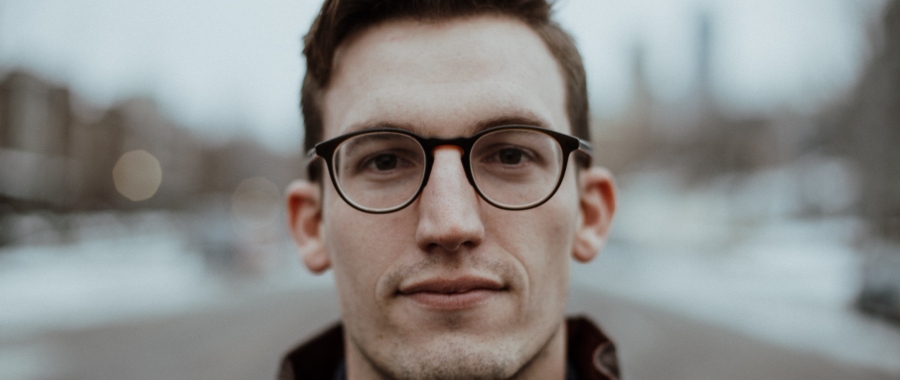In the grand tapestry of existence, the intricate threads of privilege often weave unnoticed, camouflaged by the mundane rhythms of daily life. The concept of privilege is a multifaceted gem, its facets refracting the varied experiences of individuals across different cultural and socio-economic landscapes. This day, imbued with reflection and introspection, serves as a poignant reminder to cultivate awareness of our own privileges and, more importantly, to transform that awareness into action.
The Bahá’í teachings implore followers to transcend self-interest and embrace the collective wellbeing of humanity. This ethos can be encapsulated in the metaphor of the “Updraft”—a term that suggests a rising current of air that elevates all that is caught within its embrace. To recognize one’s privilege is akin to becoming aware of this updraft; it compels individuals to soar to new heights and to uplift those who may be grounded by the weight of inequity.
To embark on this journey of acknowledging privilege, one must first engage in self-examination. This involves an earnest inquiry into the various privileges one may possess. Privilege often goes unnoticed, residing in the shadows of one’s identity. Whether it be race, gender, socio-economic status, or access to education, these privileges shape perceptions and experiences in profound ways. Acknowledging these realities is not an act of guilt, but rather a stepping stone towards empathy and activism.
Consider the metaphor of the mirror. A mirror does not distort the truth; instead, it reflects the surface with unerring fidelity. In much the same way, self-awareness must reflect the privileges that sculpt our realities. To engage with this metaphor, one might ask: What does this mirror reveal about me? What advantages have I encountered simply by being who I am? This reflection should provoke a conscious response—one that recognizes the disparities faced by others and acknowledges the systemic structures that perpetuate inequality.
As individuals navigate the ramifications of their privileges, it becomes imperative to cultivate an authentic dialogue around these topics. In Bahá’í teachings, conversation is not merely an exchange of words; it is a fundamental tool for fostering understanding and unity. Engaging with others about the nuances of privilege encourages shared experiences and creates a communal impetus for change. Furthermore, it invites diverse perspectives that can enrich one’s own understanding, much like an orchestra that thrives on the harmony of divergent sounds.
Furthermore, a day dedicated to noticing one’s privilege can serve as a catalyst for action. Awareness, when coupled with compassionate engagement, leads to a desire for social justice. This yearning aligns seamlessly with the Bahá’í principle of service. Service to humanity is an exalted pursuit, a calling to contribute positively to the world. By recognizing privilege, individuals are empowered to advocate for those who may be marginalized, thereby enacting change that reverberates beyond personal experience.
The appeal of such introspection is not solely in its moral significance; it resides within the transformative power it holds for both individuals and communities. To be stewards of our privileges compels us to take actionable steps that dismantle the barriers of inequality. This journey, arduous as it may be, enriches the societal fabric, akin to the vibrant colors that breathe life into a monochromatic canvas.
To articulate these experiences effectively, it is paramount to ground discussions in honesty and integrity. Storytelling emerges as a powerful vehicle for conveying the complexities of privilege. Sharing personal narratives fosters empathy and creates tangible connections. The stories shared can act as a bridge, linking disparate experiences and engendering a culture of understanding. In this context, the act of storytelling becomes a sacred ritual that honors both individual journeys and collective struggles, much like the rich tradition of oral histories in various cultures.
In conjunction with storytelling, education plays a pivotal role in broadening perspectives. The Bahá’í emphasis on knowledge encourages individuals to seek out literature, studies, and dialogues that illuminate the realities of privilege and oppression. Engaging with diverse texts and viewpoints cultivates a more profound comprehension of the systemic nature of inequality. Such education empowers individuals not merely to understand but also to empathize with those who navigate different paths in life.
Moreover, introspection can lead to collaboration in various spheres—be it local communities, organizations, or global platforms. Collaborative efforts to rectify injustices can manifest in myriad forms; whether through advocating for policy changes, volunteering for initiatives that address inequality, or simply engaging in meaningful conversations with those who share different experiences. These collaborative endeavors lay the groundwork for a more just and unified society.
As the day comes to a close, the reflection on privilege should not merely be an episodic experience. Instead, it should serve as an ongoing commitment to awareness and action. Embracing the updraft calls for sustained vigilance and a willingness to learn. It urges individuals to cultivate humility and to remain open to the lessons life continuously offers.
Ultimately, a day dedicated to noticing one’s privilege can transform into a lifelong practice of empathy, understanding, and service. This alignment with the tenets of Bahá’í teachings fosters harmony amidst diversity and elevates collective consciousness. With each act of awareness and engagement, we contribute to creating a world wherein privilege is recognized not as a hierarchy, but as an opportunity for uplifting all. In this manner, privilege becomes a conduit for unity, propelling society toward a future characterized by equality and justice.
